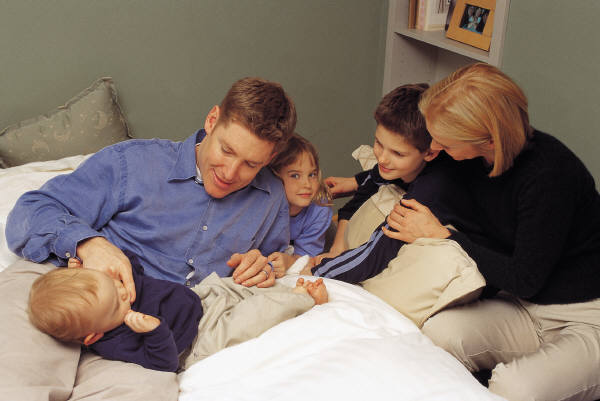There is a great deal of real but not particularly scientific evidence that birth order has a great influence on who we turn out to be as adults. If you understand how birth order affects a child, you will be better able to understand and effectively parent your children. You might even understand yourself a bit better.
Now, it’s important to note that people don’t just neatly fit into categories of any kind, and they don’t all fit neatly into birth order categories. The following observations are generalities and not specifics, but still, they might be helpful.
First Children: Typical first children in a family assume responsibility. They are rule-keepers/enforcers, and they are organized, as well as driven, bossy, approval-seeking, self-critical high-achievers. There’s a mixture of good and bad if I ever saw one!
Way back in 1874, Francis Galton studied and published a report about the lives of 180 eminent scientists of the day. He discovered that 48% of them were first children. During the 20th century, more first-born children were Nobel Prize winners, composers, presidents of countries, astronauts, and prominent personalities. First-born children usually score higher on standardized IQ tests than middle children or youngest children in the birth order.
Middle Children: My mother said that middle children had “middle child-itis.” She was a middle child, and she always said her mother said, “You two older kids do this and you two younger kids do that,” and she was caught both ways. Middle kids are usually adaptable. They make great friends and spouses.
Youngest Children: The “baby-of-the-family” is inventive and often more aggressive. Children who are the last born in a family are very often irresponsible and rebellious. They more often feel “picked on” and inadequate. However, last-borns are also more creative. They are risk-takers. They usually have a great sense of humor and have outgoing personalities.

